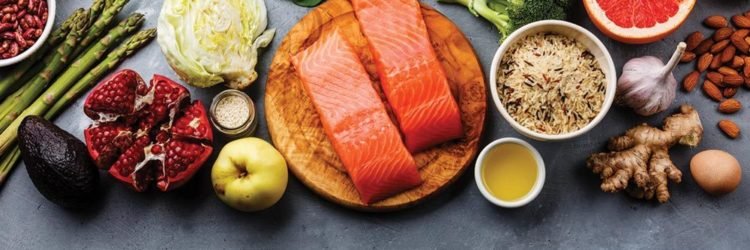In most cases, women tend to view diets from the wrong perspective. We see them in the negative light because of our own yo-yo dieting habits. Or we see dieting as restrictive. We limit the foods we claim to actually want for the sake of health, weight loss, or a combination of the two. Instead, we should view our diet as a means to prolong our life, reduce high blood pressure, and keep us active, strong, and healthy. Our diet can still be flavorful, but if we’re willing to make a few minor adjustments, we’ll see benefits in our own health as well as the health of our children.
High Blood Pressure during Pregnancy
You dream of having the perfect pregnancy, don’t you? Carrying your bundle full term with no complications-that’s the goal. And yet high blood pressure and preeclampsia affect thousands of women, putting them and their baby at risk. High blood pressure, also known as hypertension, can lead to complications during pregnancy like preterm labor, preeclampsia, and placental abruption (when the placenta separates from the wall of the uterus). High blood pressure can also cause the blood vessels in the umbilical cord to tighten which reduces the flow of oxygen and nutrients to the baby. This often results in preterm delivery or low birth weight. Women who have no record of high blood pressure, but develop hypertension in middle or late pregnancy are diagnosed with preeclampsia. Preeclampsia can lead to problems such as difficulty breathing, severe headaches, nausea, vomiting, changes in vision, low blood platelet count, and abnormal kidney or liver function. The good news is, new research indicates that high blood pressure and preeclampsia can be avoided.
A study was recently published in BJOG: An International Journal of Obstetrics that links diet to high blood pressure during pregnancy. A team of researchers from the Imperial College London and the University of Bristol studied 55,138 women during their pregnancy. In fact, they even participated in an interview at six months and eighteen months postpartum. The researchers determined that a diet largely consisting of fish and vegetables led to significantly fewer cases of gestational hypertension and preeclampsia. The women who consumed a diet rich in fish and vegetables reduced their chance of developing gestational hypertension by 14%. The risk of developing preeclampsia was reduced by 21%. On the flip side, women who consumed a western diet-a diet high in meat, potatoes, bread, and margarine-increased their chance of developing gestational hypertension by 18%. Alarmingly, the odds of developing preeclampsia increased by 40%.
Fish and Veggies for Everyone
Yes, it’s important to protect yourself and your baby while you’re pregnant, but we should always be careful about what we eat, and what we teach our children to eat. A diet that consists largely of fish and vegetables seems to offer benefits to everyone, even if you’re not pregnant. It’s known as the pescatarian diet and includes freshwater and saltwater fish, shellfish, vegetables, fruits, legumes, grains, eggs, and dairy. The omega-3 fatty acids, paired with the high vegetable contents of this diet produce a number of health benefits. It has been known to reduce the risk of high blood pressure, cardiovascular disease, and diabetes. Another version of this diet is called the Mediterranean Diet. In addition to fish and vegetables, the MD adds healthy fats, like olives and avocados, to the menu.
Another advantage of eating more fish and vegetables is the connection it has to lower cholesterol, reduce depression, dementia, and cancer. There are certain risks to eating too much fish, so if you’re interested in adjusting your diet, talk to your doctor. The basic understanding from this information is that fried foods, processed foods, and foods high in sugar and fat should not make up the majority of your diet. The health benefits of eating a plant-based diet and including recommended portions of fish should not be ignored. If you want to learn more about how to control your blood pressure, make an appointment with us at The Woman’s Clinic. Whether you’re pregnant, want to be, or are past your child-bearing years, our team is dedicated to helping you live your healthiest life.



 Close
Close